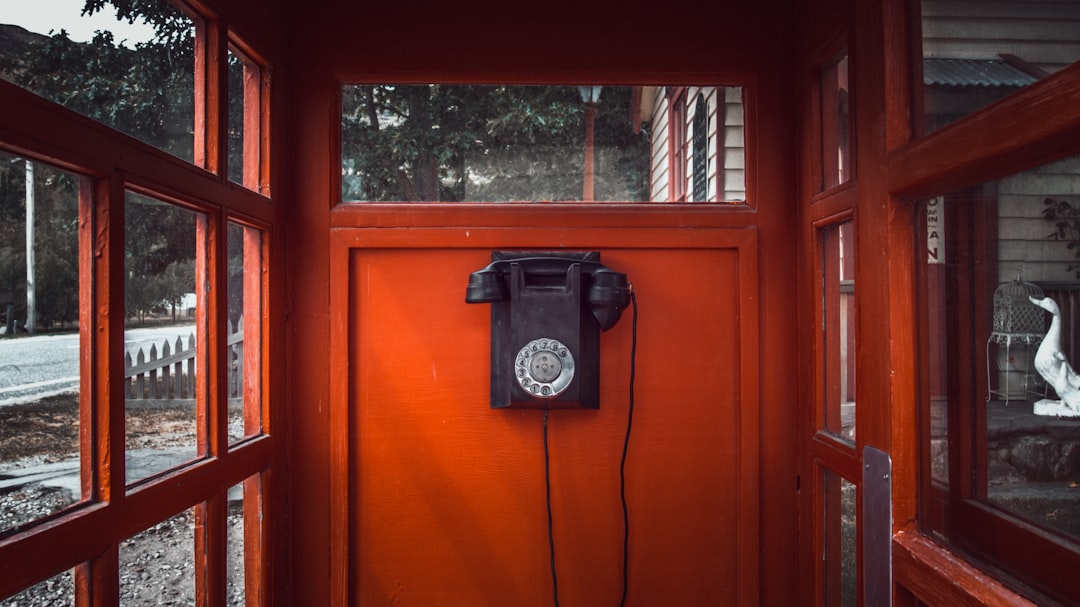Unwanted robocalls and spam texts in West Virginia are addressed by state laws, including the Do Not Call Law. Residents can register on the National Do Not Call Registry and use mobile carrier tools to filter out such calls. Robocall lawyers specialize in navigating these laws, guiding clients through complaints, seeking damages, and ensuring compliance, offering legal protection against intrusive communications.
Tired of relentless spam calls and texts in West Virginia? You’re not alone. Robocalls and unwanted text messages are a growing problem, but understanding the state’s robust robocall laws can empower you. This guide navigates spam call laws in West Virginia, offers practical tips on how to stop unwanted texts and calls, and explores legal recourse for spam communication. From consulting with a robocall lawyer in West Virginia to joining do not call law firms, take back your peace of mind.
Understanding Robocall Laws in West Virginia
In West Virginia, the fight against nuisance robocalls and spam texts is guided by state laws designed to protect consumers from unsolicited communication. The West Virginia Do Not Call Law, part of the state’s Consumer Protection Act, plays a pivotal role in curbing unwanted phone calls and messages. This law permits residents to register their telephone numbers on a “Do Not Call” list, effectively blocking most automated or prerecorded telemarketing calls.
Robocall lawyers and attorneys in West Virginia specialize in navigating these legal frameworks to help individuals and businesses defend against spam calls and texts. They offer guidance on how to file complaints, seek damages for violations, and ensure compliance with the state’s strict robocall laws. Their expertise is crucial for those facing persistent or illegal robocalls, providing a legal avenue to reclaim peace and privacy from unwanted interruptions.
How to Stop Unwanted Texts and Calls
Unwanted text messages and phone calls can be a nuisance and even a violation of your privacy. If you’re experiencing a constant barrage of spam calls or texts in West Virginia, there are steps you can take to protect yourself. The first line of defense is to register for the National Do Not Call Registry. This federal list helps prevent telemarketers from contacting you unless they have your explicit consent. Additionally, many mobile phone carriers offer tools and apps that filter out spam calls.
For more targeted protection against robocalls and unwanted texts, consider consulting a lawyer specializing in telecommunications law in West Virginia. A robocall attorney can help you understand the state’s robocall laws, which generally prohibit automated calls or messages without prior consent. They can also guide you on taking legal action if necessary, representing your interests as a client affected by spam calls or texts. Remember, knowing your rights and taking proactive measures is key to eliminating these unwanted intrusions in West Virginia.
Legal Recourse for Spam Communication
If you’re plagued by unwanted robocalls and spam texts in West Virginia, know that there are legal avenues to take action. The Telephone Consumer Protection Act (TCPA) is a federal law designed to curb excessive telephone solicitations and protect consumers from intrusive communication practices. Under this legislation, it’s illegal for businesses or individuals to make automated calls or send text messages to people who have not agreed to receive them.
In West Virginia, robocall lawyers and attorneys specializing in spam call cases can guide you through the process of seeking compensation and putting an end to these nuisance calls. If you’ve received unsolicited calls or texts, you may be entitled to damages, and a law firm focused on do-not-call laws can help you file a complaint and take legal action against the perpetrators. Don’t hesitate to reach out to a robocall lawyer in West Virginia if you’re facing this issue; they can provide the necessary support and representation to ensure your rights are protected.






